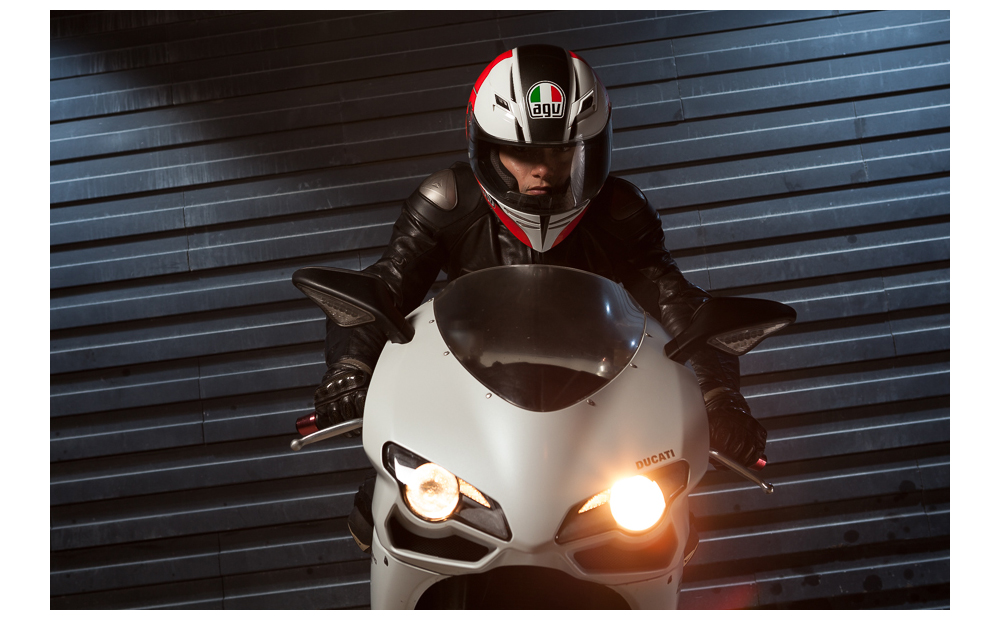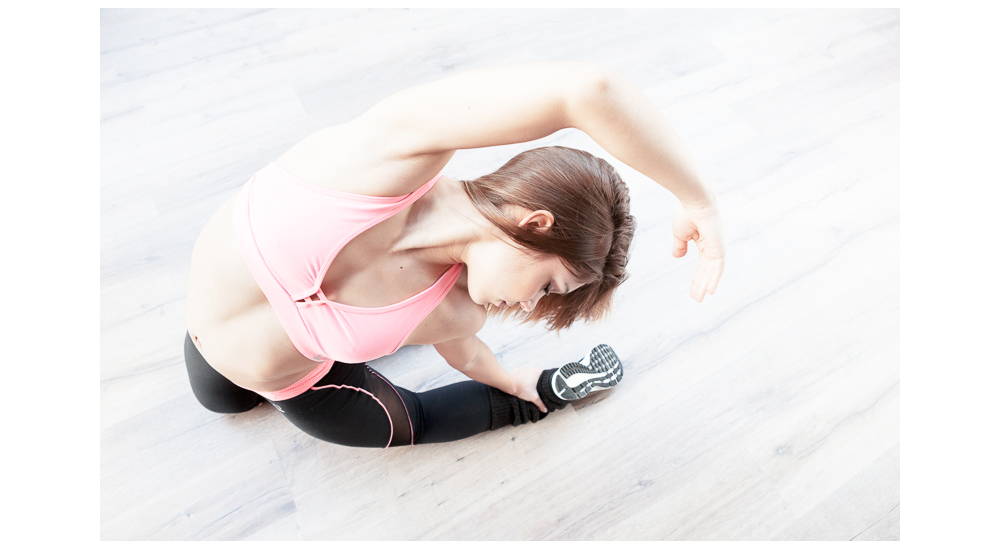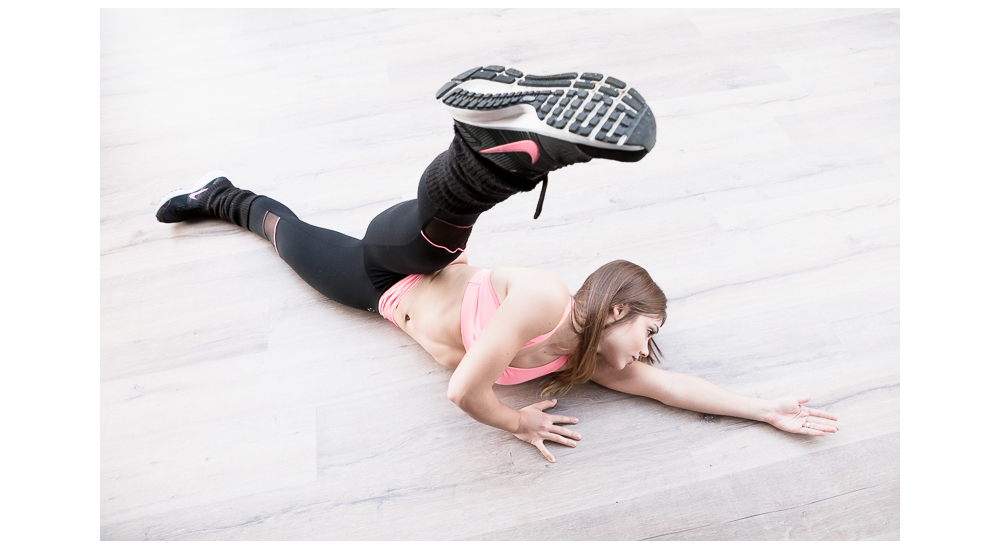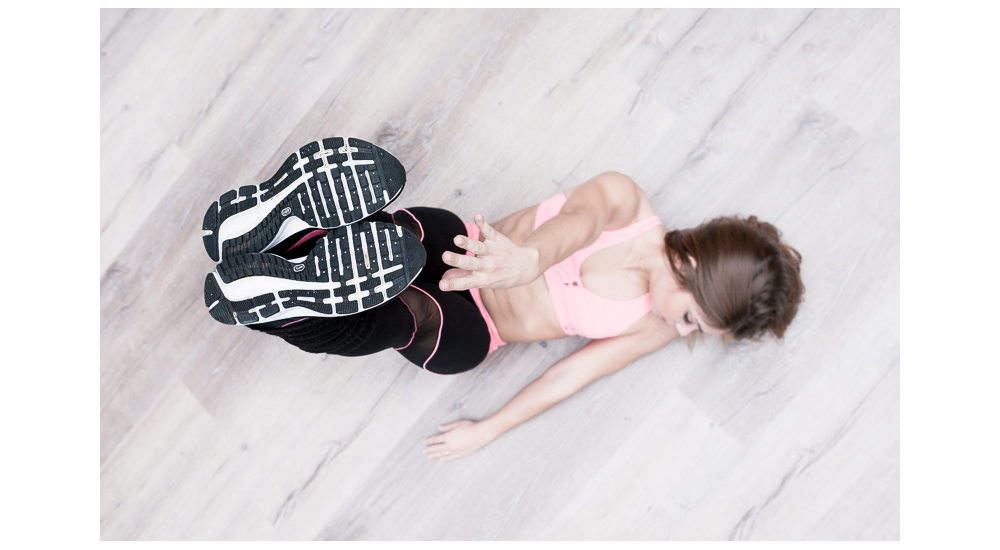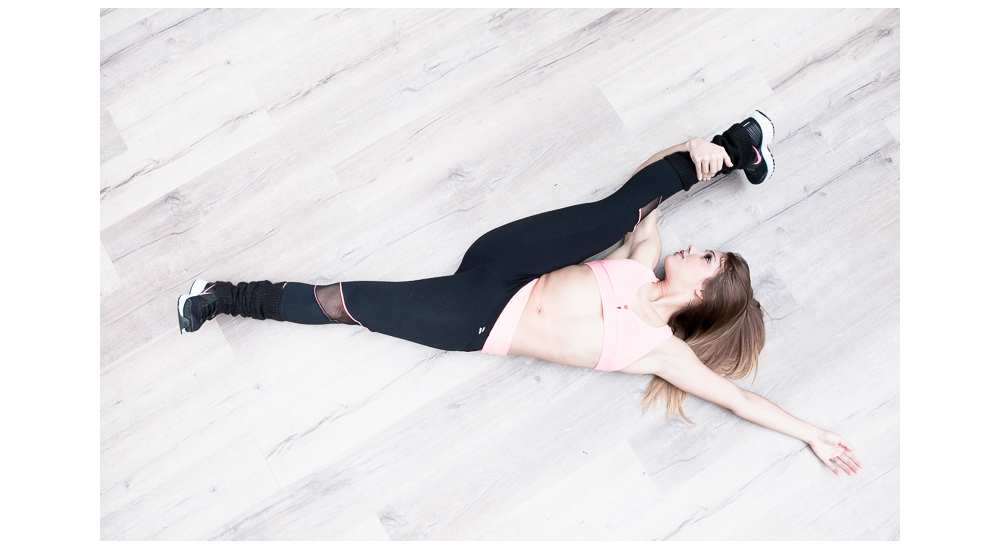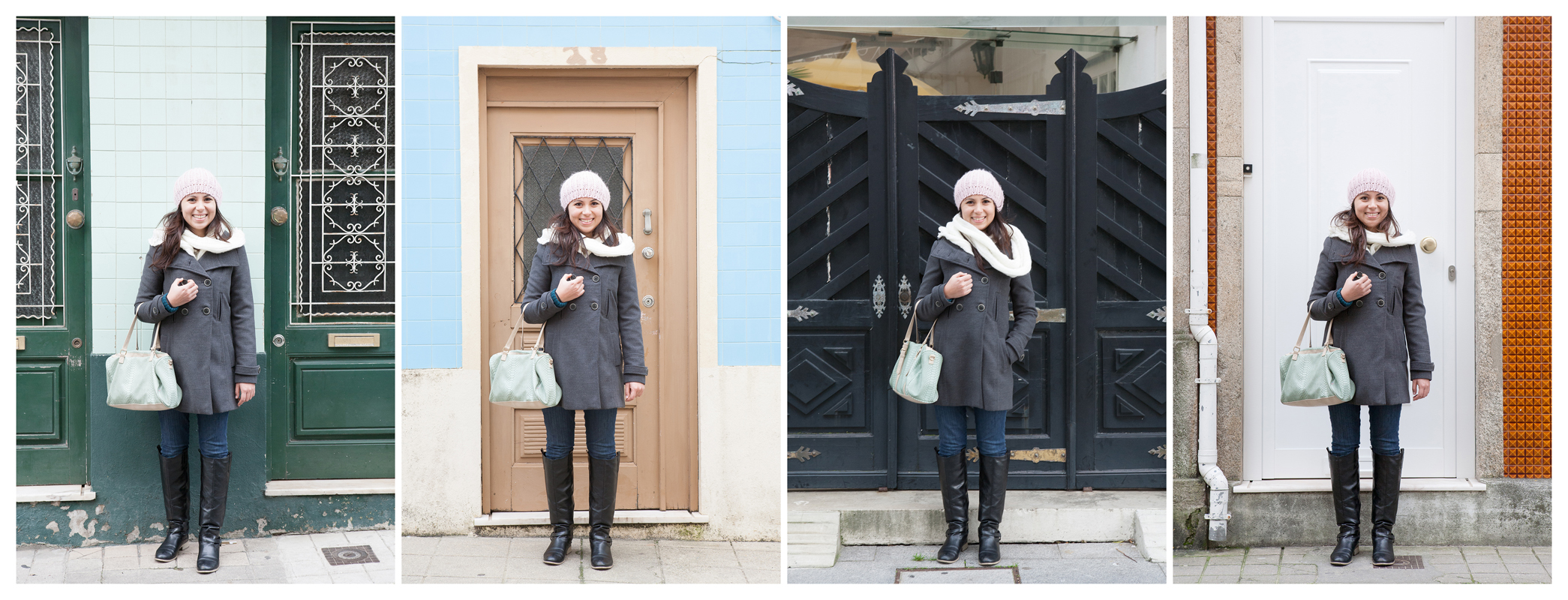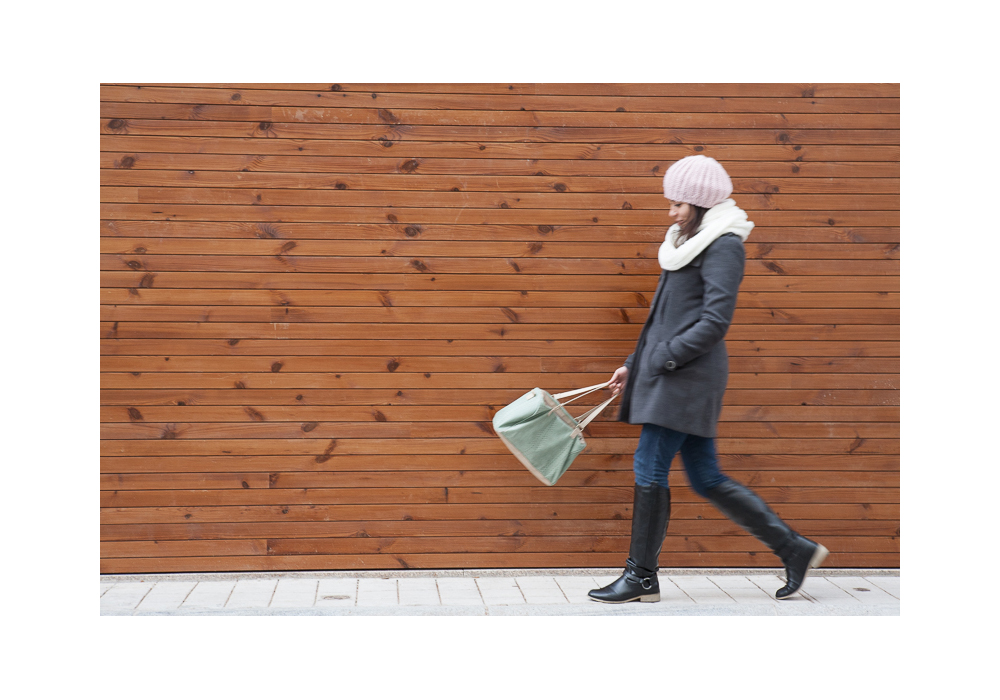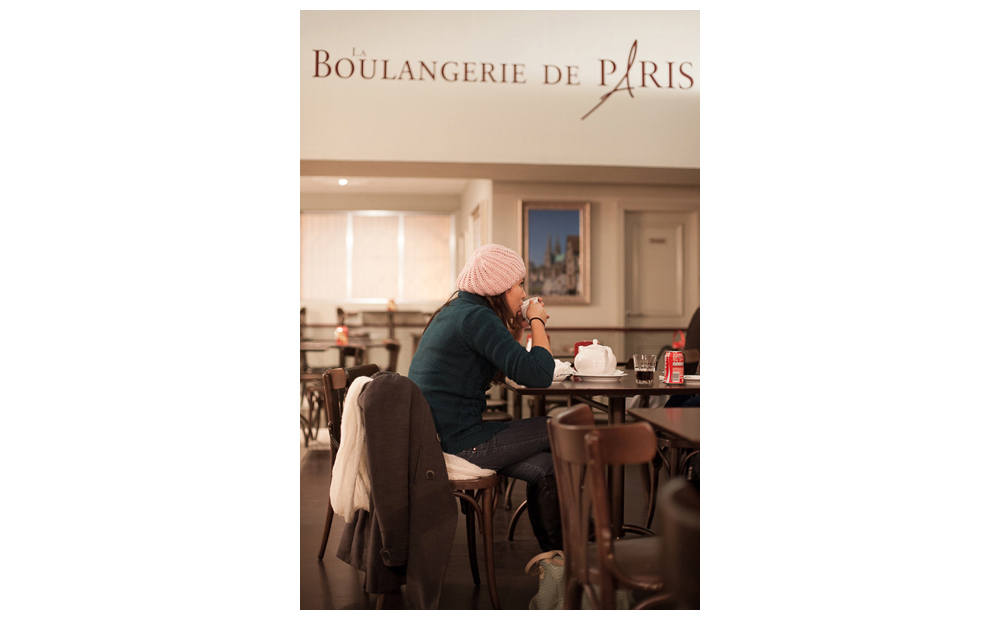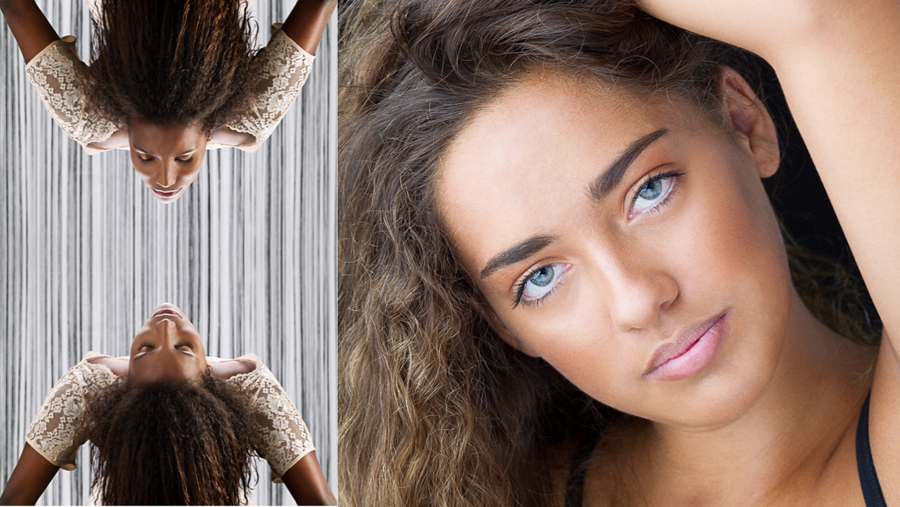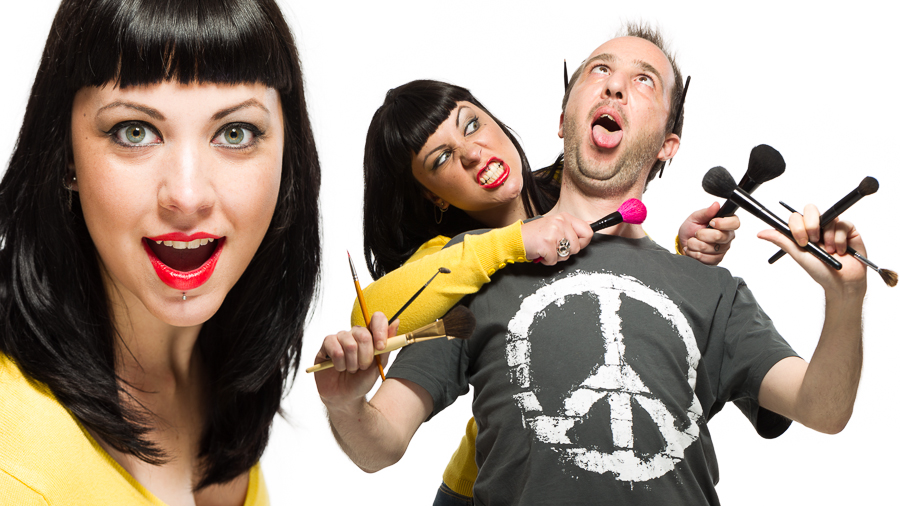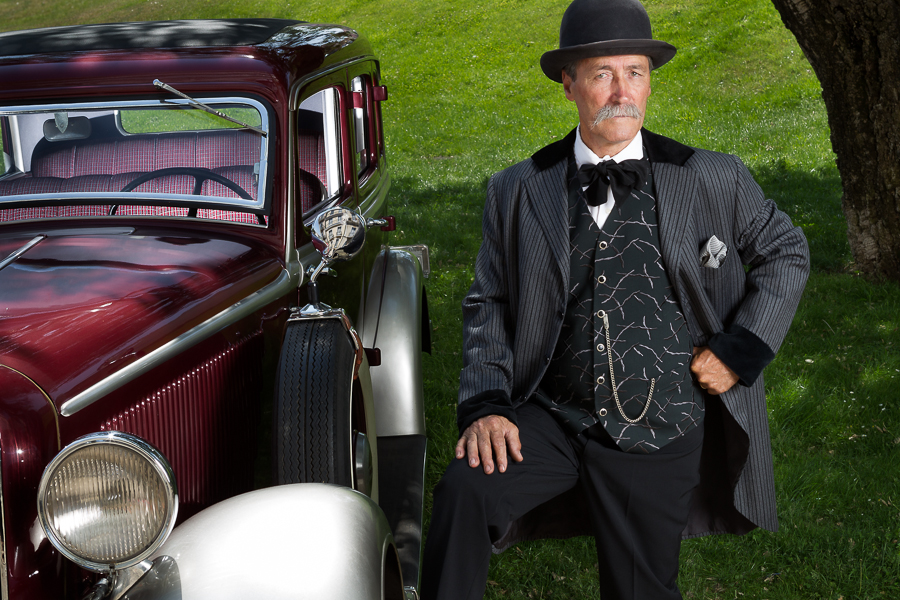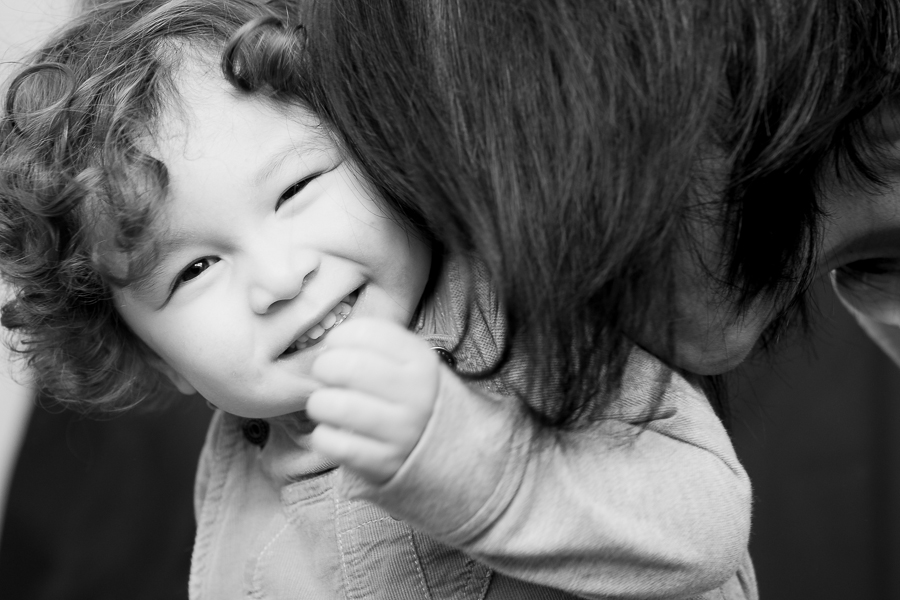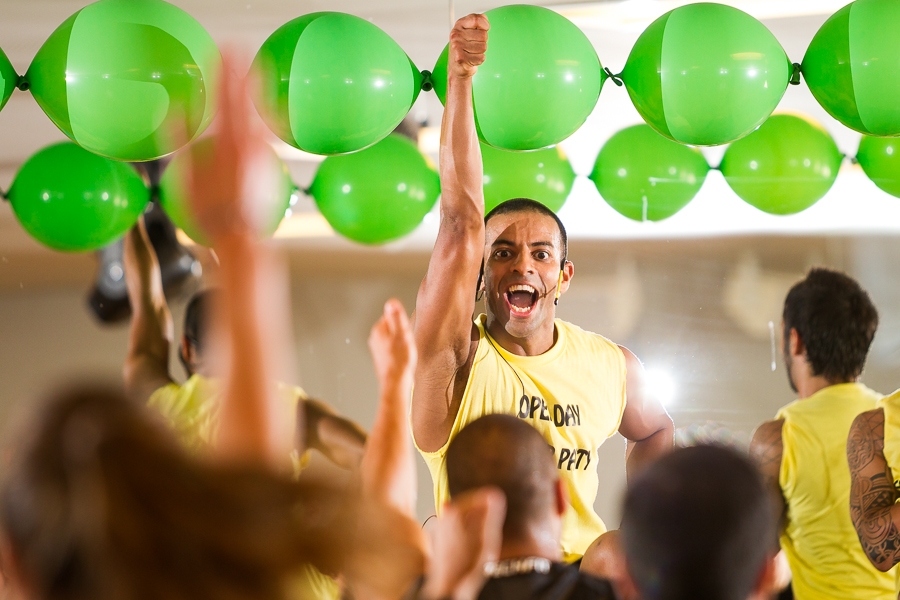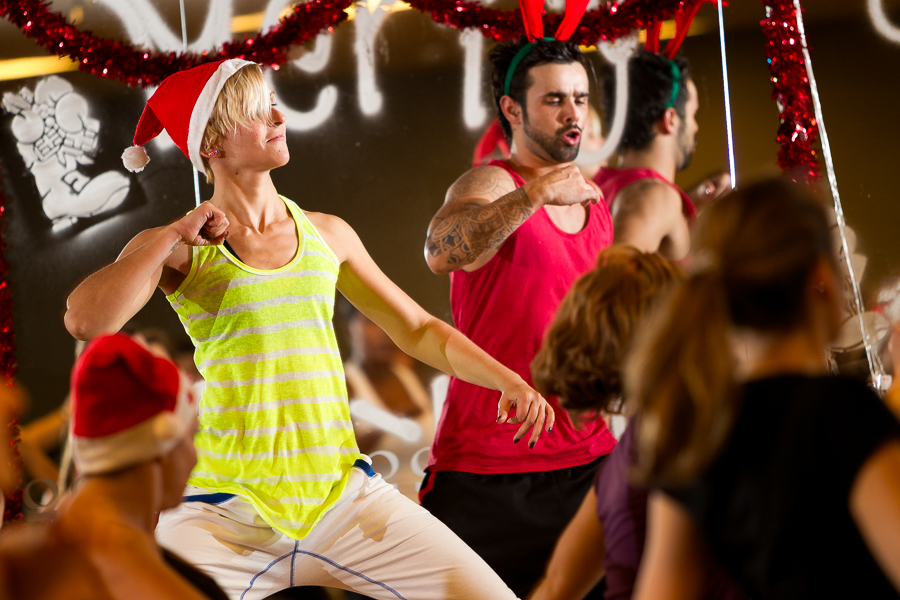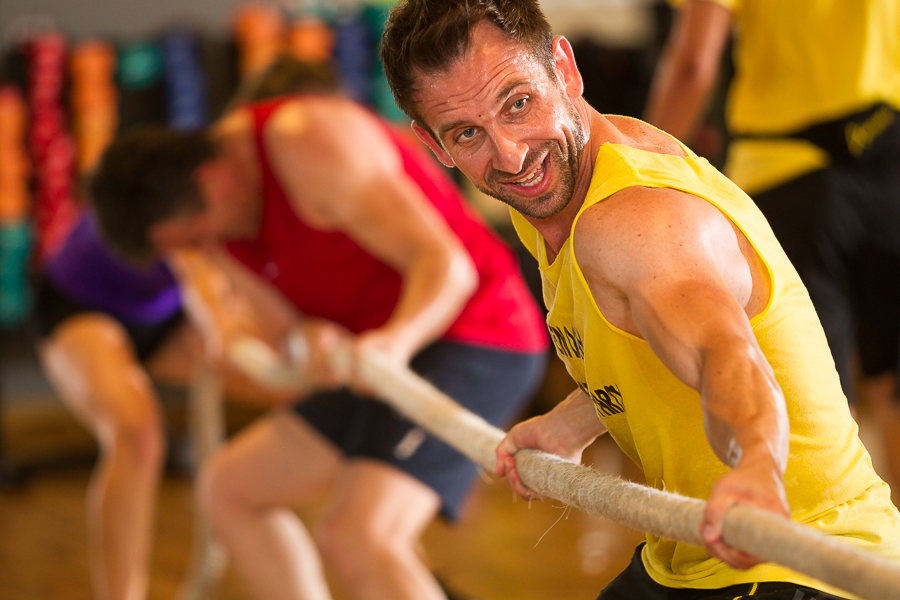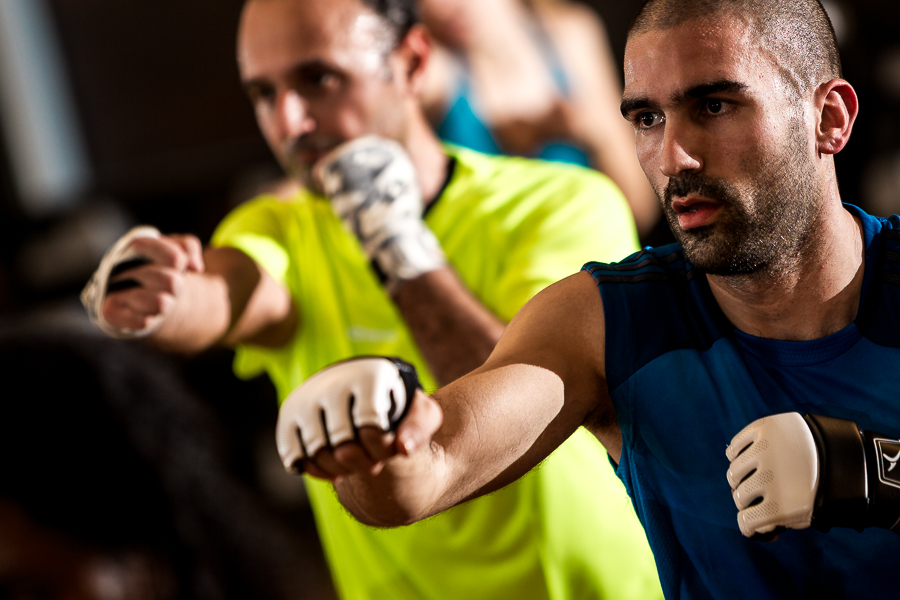Horror story for photographers.
A few years ago, I was shooting for a commercial client, when I heard a snap inside the camera and felt like something had come loose. The shutter seemed to work, but there was no image, something very wrong had happened!
One of the components inside my Canon 5D, the mirror, had come off and was literally jingling in there!
I carefully removed the lens and it fell onto my hand! At the time my only thought was “this can’t be good…"
With a smile on my face but trembling inside, I asked my subjects for a minute. (“My camera’s gone, my camera’s gone…! Well, no one here cares, deal with it later!”)
Went over to my bag, grabbed my backup camera et voilà, the session continued.
I found out later that it was a product defect that Canon had already acknowledged and they were repairing these cases for free. Whew!
“But why don’t you have your equipment insured, Gonçalo?”
Because, amazingly, there is no company in Portugal that will do it! (Please let me know if I’m wrong)
To this day my client doesn’t know any of this happened. What he does know is that everything worked out and he got the photos he needed.
Being a professional photographer isn’t just about making great pictures, it’s about solving problems. Better yet, anticipating them. It’s not cheap having two cameras instead of one, but it can save your skin!


